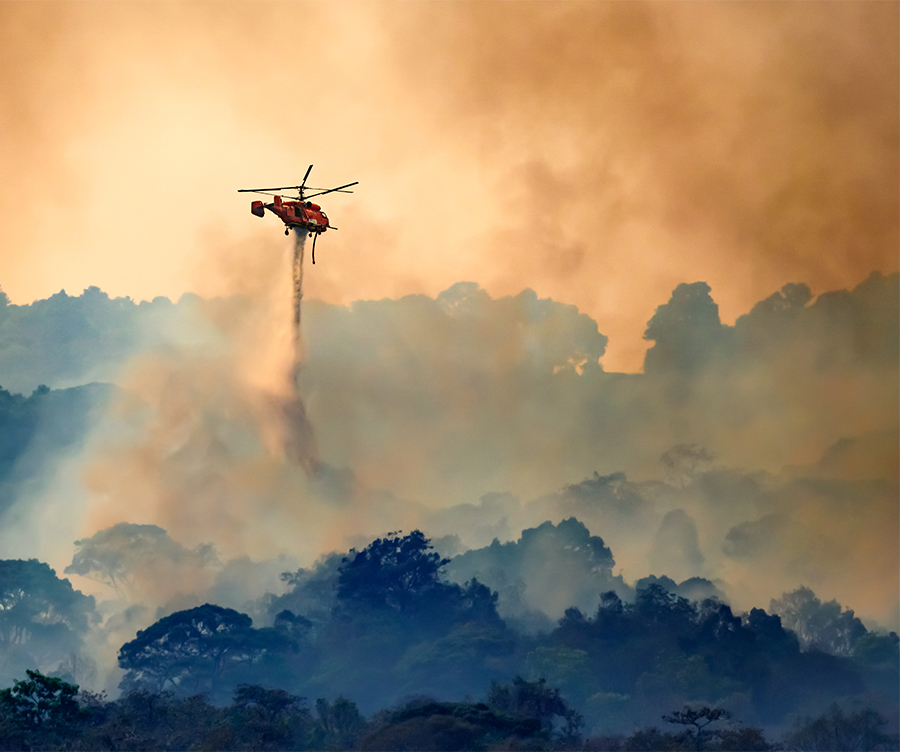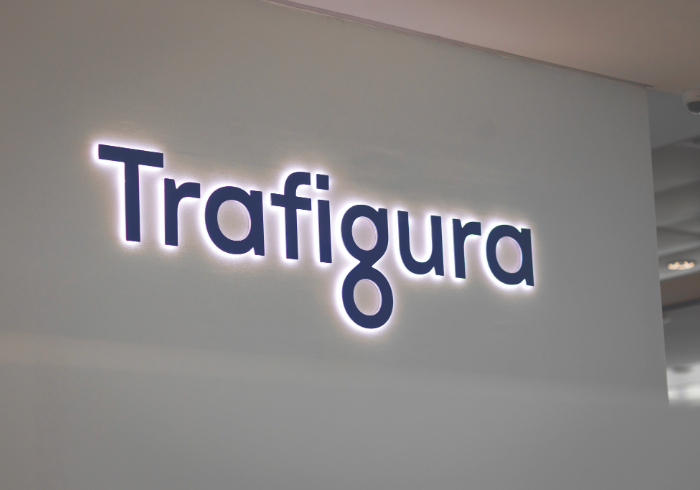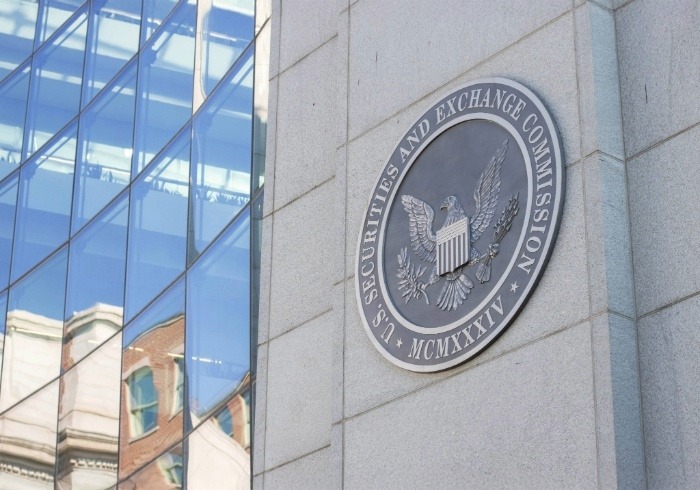The European Union has tabled reforms requiring traders and producers to assess commodity supply chains for deforestation risks, though campaigners have criticised the decision not to apply the new rules to banks.
Draft legislation proposed by the European Commission last week introduces mandatory due diligence rules for companies selling commodities deemed high-risk – including soy, beef, palm oil, wood, cocoa and coffee – on the EU market.
Under the long-awaited reforms, producers and non-SME traders would be expected to gather information on the goods being sold, including geographic coordinates of relevant plots of land, then carry out a risk assessment of any potential exposure to deforestation.
Non-compliance could be punishable with fines of up to 4% of a company’s annual turnover. Companies could also be barred from public procurement processes, and have commodities and associated revenues confiscated, the draft legislation states.
“If we expect more ambitious climate and environmental policies from partners, we should stop exporting pollution and supporting deforestation ourselves,” says Virginijus Sinkevičius, commissioner for the environment, oceans and fisheries.
“With these proposals, we are taking our responsibility and walking the talk by lowering our global impact on pollution and biodiversity loss.”
Globally, the total forest area lost since 1990 is greater in size than all EU member states combined, the announcement adds.
The European Commission acknowledges that “operators” in the commodity sector – defined as companies that place goods on the EU market, or export from it – are generally subject to tougher requirements than intermediary trading companies.
However, it explains that the decision to extend the reforms to large traders as well was taken because such firms “have a significant influence on supply chains and play an important role in ensuring that relevant commodities and products are deforestation-free”.
Due diligence must be carried out before goods are placed on the European market, or exported out of the EU, and if risk is identified it must be reduced to a “negligible level” before a transaction can be carried out.
The proposals do not apply to smaller commodity traders, defined as those that meet two of the following criteria: net turnover below €40mn; a balance sheet totalling less than €20mn; and fewer than 250 employees.
The commission has also decided not to extend the reforms to the financial services sector – a move that has already drawn criticism from environmental campaigners.
Giulia Bondi, an EU campaigner on forests at Global Witness, says the proposed legislation contains “some good elements” but is “not ambitious enough and does not heed the calls from businesses, civil society and the public for robust rules to address the EU’s consumption and financing of forest-risk commodities”.
The union should use the reforms to stop the EU’s financial sector from “bankrolling and profiting from global deforestation and associated abuses”, she says.
Global Witness has long criticised the sector for financing agribusiness trade activity linked to the destruction of forests.
It said in a report published last month that EU-based banks and investors supported questionable deals worth over €30bn between 2016 and 2020.
Across Europe, China and the US, top-tier banks earned an estimated US$1.73bn in revenue from 20 agribusiness companies that Global Witness says are linked to deforestation.
The European Commission proposal says there are “existing initiatives” around sustainable finance, including the implementation of taxonomy reforms and incoming rules on corporate sustainability reporting.
These reforms “are well suited to address the deforestation impacts of the finance and investment sectors, thereby complementing and supporting this legislative initiative on deforestation”, it says.
But Global Witness says those tools “have no accountability mechanisms to prevent banks or investors from continuously making problematic deals with harmful agribusinesses”.
Bondi adds that other key commodities, including rubber and maize, should be included on the list of high-risk products.
Deforestation worsens climate change in several ways. Primarily, plant life helps extract carbon dioxide from the atmosphere, in turn slowing the rise of global temperatures.
At the same time, agriculture drives an estimated 75% of deforestation, according to the Rainforest Alliance. Together with forestry and other land use, including rearing livestock, agriculture accounts for almost a quarter of all greenhouse gas emissions deriving from human activity.






